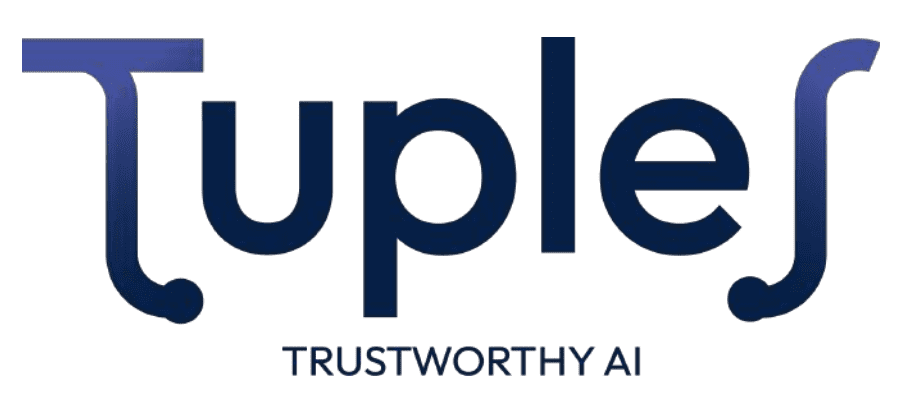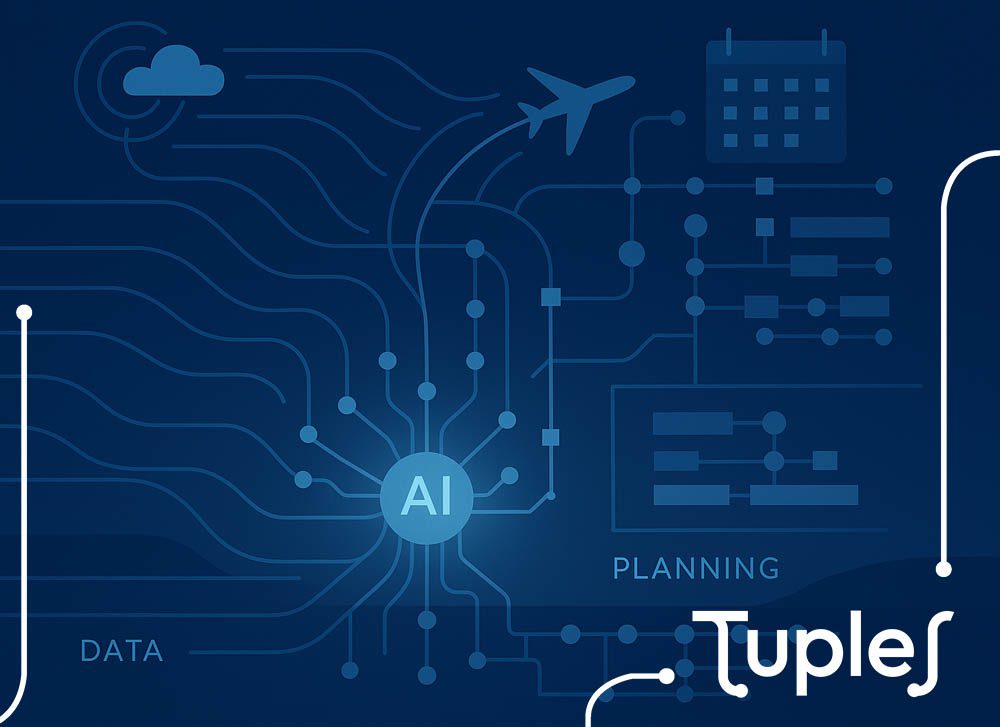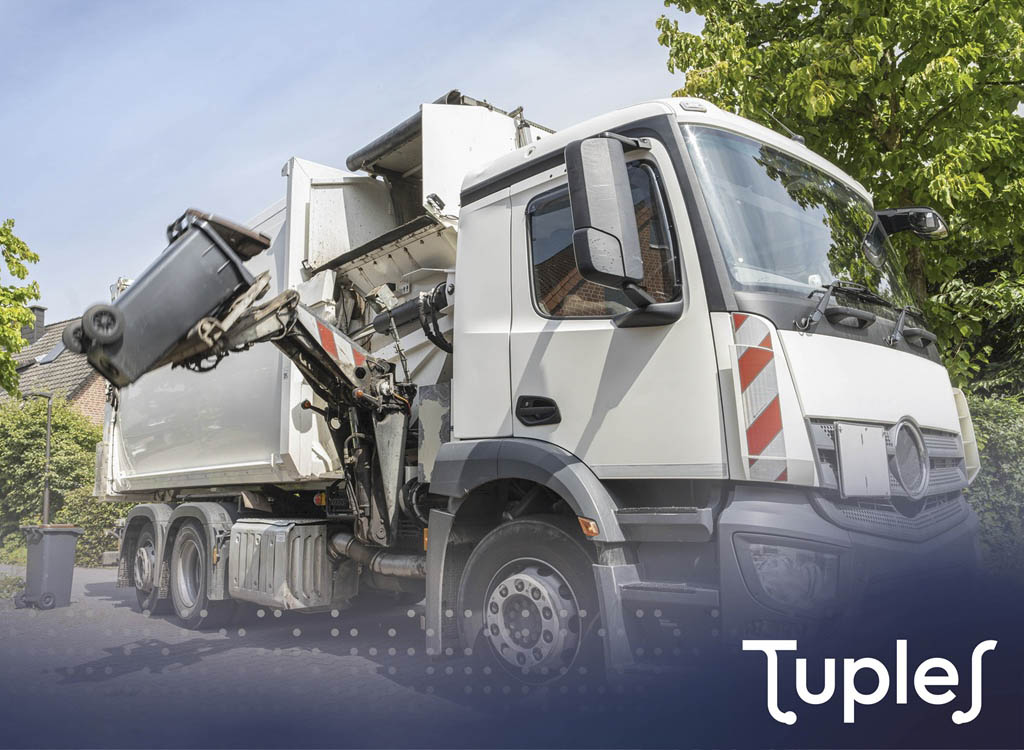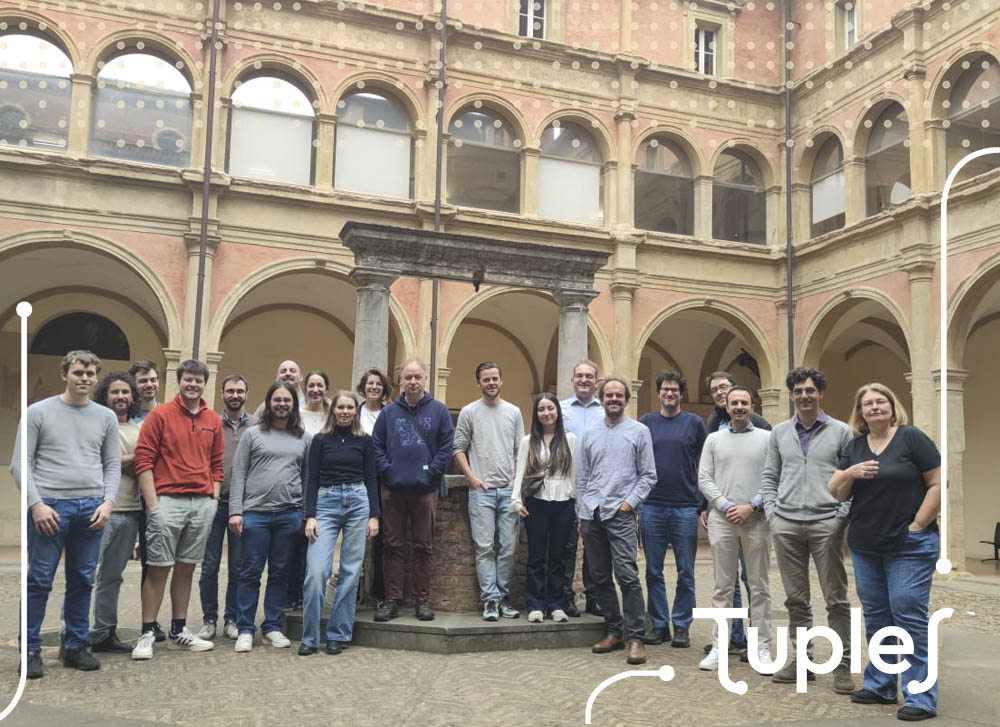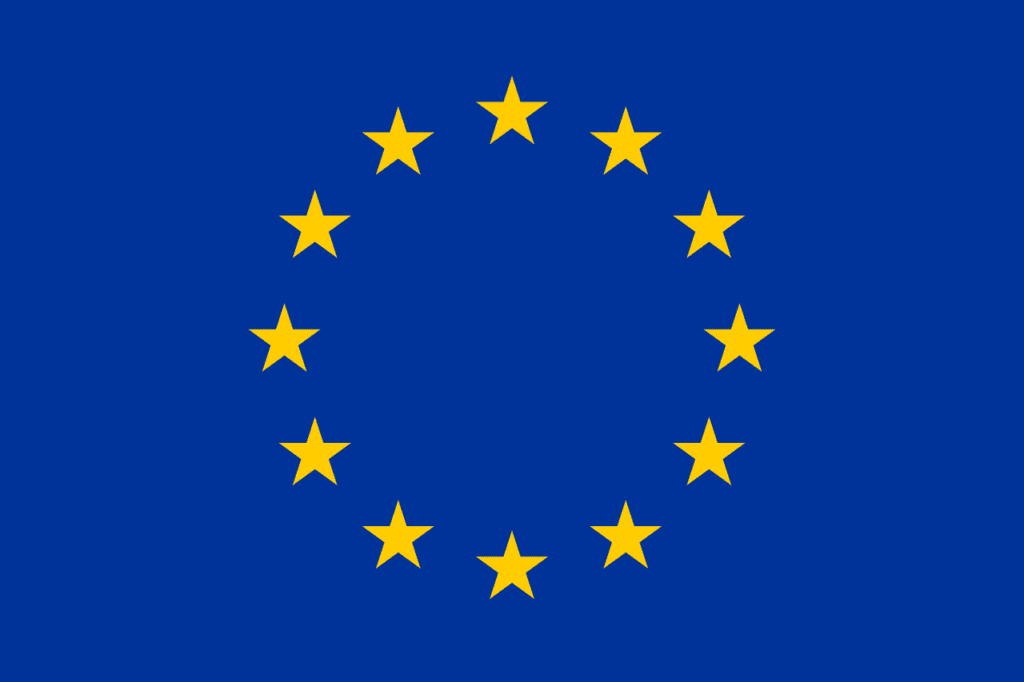Our partner Airbus
-
17/04/2023
-
NewsNews
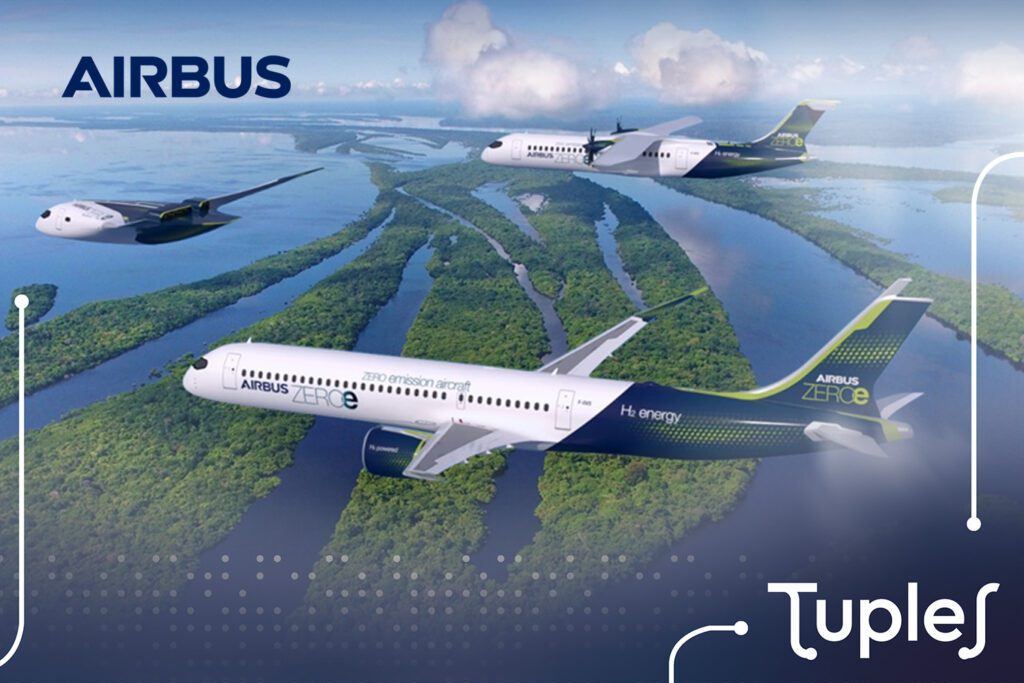
Airbus, headquartered in Toulouse, France, is a global leader in the aerospace industry, offering innovative solutions in aeronautics, space, and related services.
With operations in more than 180 locations worldwide and over 131,000 employees, Airbus is Europe’s primary commercial aircraft manufacturer and a pioneer in the field.
As part of its commitment to innovation, Airbus has set an ambitious target of being the first to offer a zero-emission commercial aircraft by 2035. To achieve this goal, the company is developing the ZEROe concept aircraft, which will be powered by hydrogen.
In addition to its core business, Airbus has a thriving AI research team that specializes in solving complex scheduling and planning problems. The team has experience in developing innovative solutions for airline fleet management, satellite operation scheduling, flight test scheduling, and manufacturing task scheduling. They are also experts in explainable scheduling and reinforcement learning for manufacturing applications, and robustness, safety, and certification in machine learning for image applications.
Airbus has been working on trustworthy AI planning for several years and has earned a high degree of expertise in the field. The company is supporting the TUPLES project, which aims to develop a trustworthy and scalable platform for AI planning, with the direct involvement of its AI research team. Airbus has also developed and released the scikit-decide library, which TUPLES will build on and extend.
As part of the TUPLES project, Airbus will provide its business knowledge to two of the use cases for manufacturing and pilot operations, leading the work package dedicated to use cases and evaluation (WP6), as well as contributing to WP4 and WP5, and to a lesser extent, WP3. The team involved in the project includes Nahum Alvarez, Guillaume Poveda, and Florent Teichteil-Koenigsbuch (P&S, RL) from Toulouse, France, as well as Santiago Quintana Amate, Mark Hall, and Alistair Nottle (explainable AI) from associated partner Airbus Operations Ltd in Bristol, UK.
In conclusion, Airbus is not only a leader in the aerospace industry but also an innovator in AI research and development. With its commitment to achieving zero-emission commercial aircraft by 2035, the company is playing an essential role in shaping the future of aviation. Its involvement in the TUPLES project is another example of Airbus’s dedication to advancing the field of AI planning and its practical applications in manufacturing and pilot operations.
Latest News
We’re proud to share that members of the TUPLES consortium — including Daniel Höller, Jörg Hoffmann, and our coordinator Sylvie Thiebaux — are on the organizing committee of the RIPL Workshop (Reliability in Planning and Learning), part of the prestigious ICAPS 2025 conference.
A recent article in the Czech magazine Nový Prostor, featuring our partners at the Faculty of Electrical Engineering at CVTU (Czech Technical University in Prague), offers a clear and accessible view of how TUPLES technology is already making a difference in urban waste collection — one of the project’s five real-world use cases.
Nearing the finish line of the TUPLES project, we’re reflecting on three years of ambitious, collaborative research into Trustworthy AI for Planning and Scheduling.
The Beluga™ Competition set a tough real-world scheduling challenge — and we have our winners! Thanks to all who took part.
